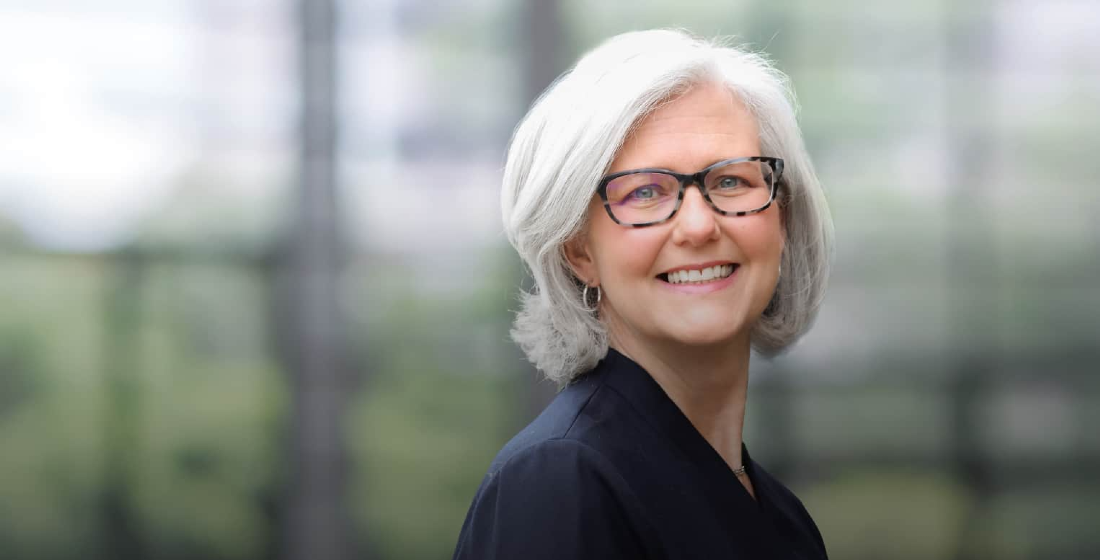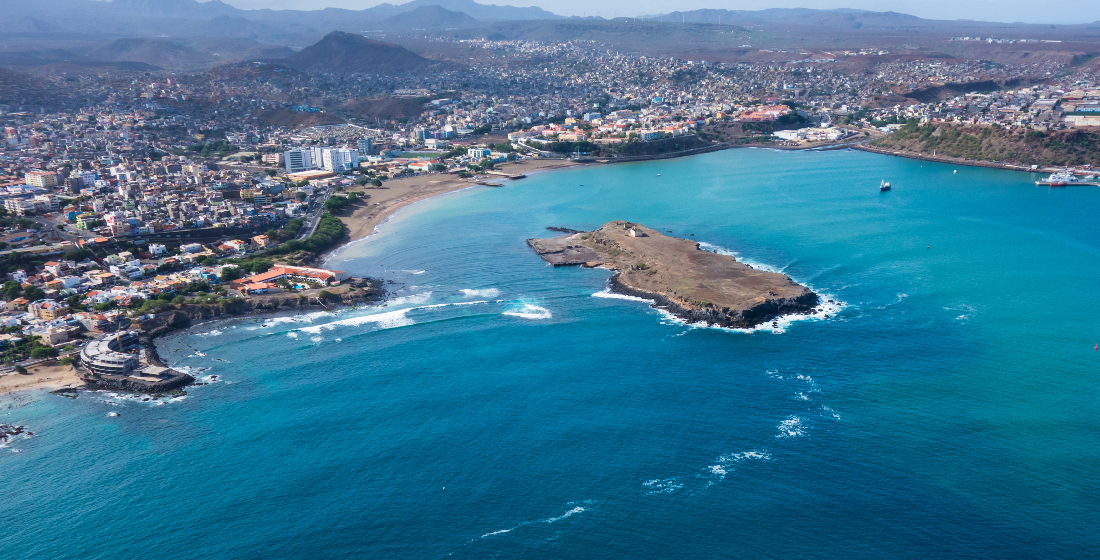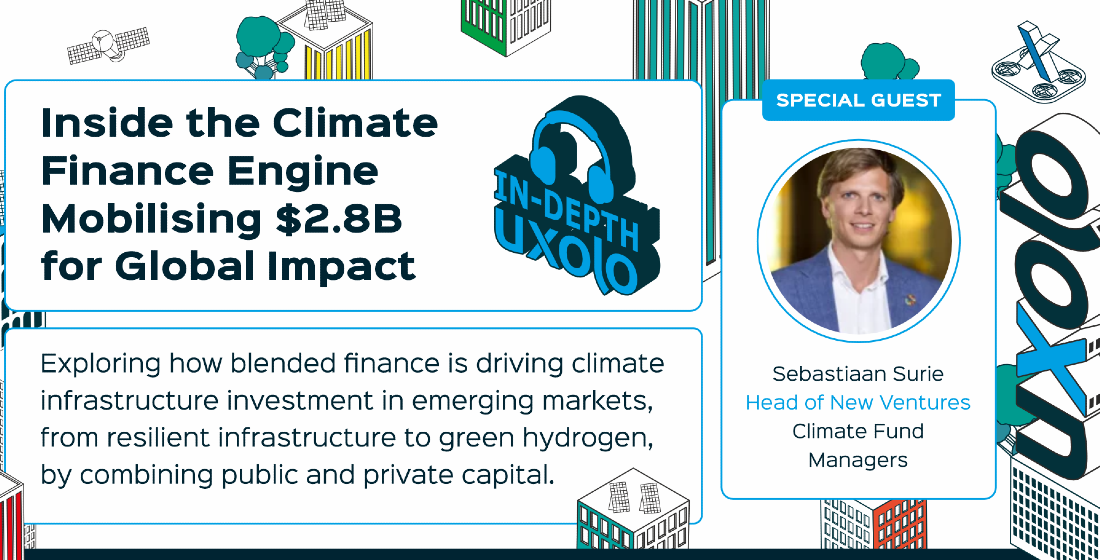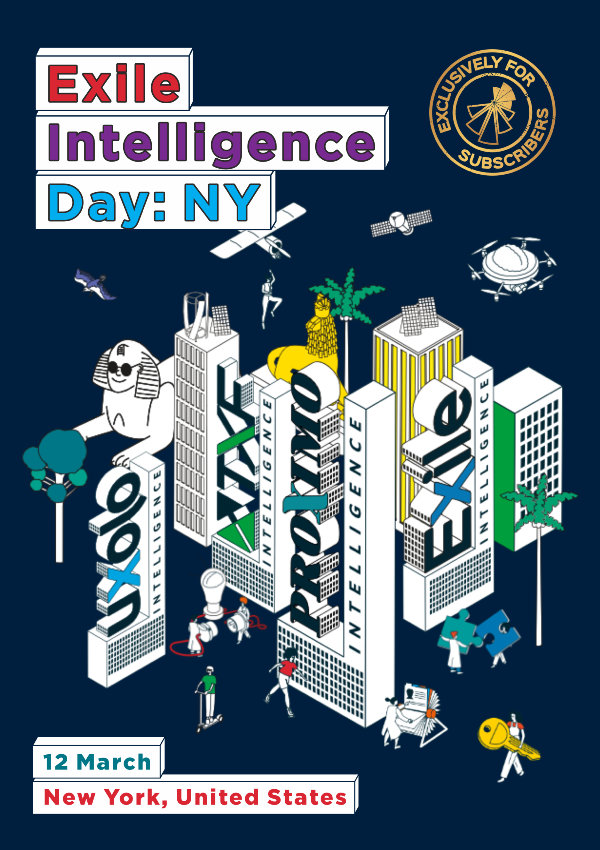Kicking off 2023 in Miami: Pre-event intelligence with FinDev Canada's Lori Kerr
Lori Kerr, CEO of FinDev Canada, gives a preview of her upcoming talk at the Uxolo & Proximo Latin America Development, Energy & Infrastructure Finance 2023 event, where she will discuss best practices in collaboration with DFIs. The discussion delves into a range of topics including, but not limited to, blended finance, ecosystem approaches, and FinDev Canada's renewed strategy for the year 2023.

Uxolo: Thanks for joining me today Lori, before you jet down to Miami for Uxolo’s & Proximo’s Latin America Development, Energy & Infrastructure Finance 2023 event. You are going to be speaking on 'Working together: Best practices in collaboration with DFIs', so today we are doing some pre-event intelligence on the topic, and on Findev Canada’s participation in the event. To start off, could you tell me a little bit about FinDev Canada?
Lori Kerr (LK): We are Canada’s bilateral development finance institution, established in 2018 to support development through the private sector in emerging markets. We provide financing, investment and blended finance solutions, alongside technical assistance and knowledge, to three regions: sub-Saharan Africa, Latin America and the Caribbean, and most recently the Indo-Pacific. We are guided by three impact goals: climate action, women’s economic empowerment and market development, which are aligned with the UN's sustainable development goals and the Paris Agreement commitments.
Uxolo: What is Findev bringing into 2023 and what it is leaving behind?
LK: 2023 is off to a great start for FinDev Canada as we come into our fifth anniversary. So much has changed globally since we started: the Covid-19 pandemic, growing climate stresses, Russia’s illegal war on Ukraine … and we spent 2022 looking back, taking stock, refreshing our corporate strategy so that we could look forward and chart the next five years. We asked ourselves how we could be better positioned to address global development challenges and have even more impact. We are bringing a refreshed strategy into 2023, with an intent to deepen our support for – apropos to the Uxolo & Proximo event – sustainable infrastructure. And, in November 2022, Prime Minister Trudeau announced an additional $750 million in new capital to FinDev Canada, to further support our growth and impact in the markets we currently serve, and to expand to the Indo-Pacific region.
Uxolo: 2022 really was a tumultuous year for financial markets, and, from what we’ve been hearing at Uxolo, has had a significant effect on structuring transactions, especially blended finance. Where would you say you’ve seen the most progress in blended finance opportunities, and do you think examples of blended finance are persevering through this tough economic climate?
LK: The multi-layered crises we are witnessing has had an impact not just on private investment and government budgets, but also on MDBs and DFIs. It is interesting, because we are supposed to play a countercyclical role – the more complicated and difficult it is for private investment, that is when the MDB and DFI community should be coming into the fore to support investment and blended finance is an important tool. It is really interesting that Convergence Blended Finance found that blended finance transactions in Latin America and the Caribbean have remained popular and stable across the region, with close to $20 billion in commitments during this difficult time.
In terms of blended finance products, concessional debt and equity remain the most prevalent across Latin America and the Caribbean. Renewable energy benefited from over a quarter of blended finance activity, which is important because our runway to 2030 is narrowing.
At FinDev Canada, we are working on a blended finance platform that is aimed at mobilising private capital at scale in emerging markets to advance the SDGs and the Paris Agreement. You'll be hearing more about that in the coming weeks and months.
Uxolo: What do you think DFIs can do to increase the amount of blended finance transactions they get off the ground?
LK: We need to look at this from an ecosystem perspective. Even though blended finance is a structuring solution downstream, we know that one of the key constraints to greater levels of private investment in emerging markets is the lack of bankable pipelines of investment opportunities. Efforts by DFIs and MDBs that support pipeline development are essential. Even further upstream, policy, legal, regulatory and institutional environments that are conducive to private investment are also critical – whether or not downstream financing structures benefit from blended finance. An ecosystem approach allows us to leverage the skills and expertise of all partners – both public and private.
I would be remiss if I didn’t also mention that the supply of concessional finance – so that DFIs can provide more blended finance solutions to mobilise private capital – are dependent upon donor funding, typically from our governments, and the terms and conditions associated therewith. Philanthropic provision of blended finance has also been growing in importance over the past years, which provides important opportunities to partner so that concessional resources go further.
Uxolo: And on the flipside, what do you think private investors need to understand about DFIs in order to take on the extra risk that these projects involve?
LK: I have worked at a couple of different MDBs as well as at FinDev Canada, and I would say one of the most important things that private sector investors should appreciate is that most DFIs and MDBs are not simply cheap sources of finance. Our role is not to displace private capital. Rather, we are here to create and reinforce markets, and bridge the real and perceived risks that are challenging to many private investors. We know emerging markets and we know how assets actually perform over time, particularly on the infrastructure side, and we are well positioned to address that perceived risk. This experience can provide comfort to private investors.
Specifically on blended finance, that is a tool that most of us have in our toolkit, but it is also not a silver bullet. It cannot address all risks and every development challenge.
Uxolo: And for a final question, what are you most looking forward to at the Miami event?
LK: I am particularly looking forward to the sun – there's snow in Montreal right now. But, more importantly, I am really looking forward to connecting with potential partners. We are taking advantage of the great programming that we know is in store for us at the event, and it is a great opportunity for us to expand our 2023 pipeline. I am looking forward to meeting lots of people and know it will be a great event.





